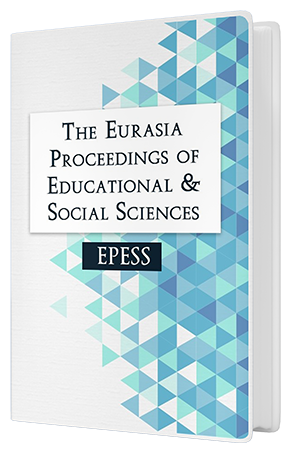NON-MATHEMATICS STUDENTS’ REASONING IN NON-ROUTINE CALCULUS TASKS
Keywords:
Calculus, reasoning, non-mathematics studentsAbstract
This paper investigates reasoning of first year non-mathematics students in non-routine calculus tasks. The students in this study were accustomed to imitative reasoning during their schooling in primary and secondary education. In order to move from imitative reasoning toward more creative reasoning, the non-routine tasks were implemented as the part of the calculus course. Using qualitative strategy in a form of interview, we examined reasoning of six students in the middle of the calculus course and at the end of the course. Analyzed data showed that creative reasoning develops slowly even when students are exposed to the non-routine tasks. Also, we have found several negative met-befores and met-afters affecting students’ knowledge and interfering with the reasoning process.Downloads
Published
Issue
Section
License
Copyright (c) 2014 The Eurasia Proceedings of Educational and Social Sciences

This work is licensed under a Creative Commons Attribution-NonCommercial-ShareAlike 4.0 International License.
The articles may be used for research, teaching, and private study purposes. Any substantial or systematic reproduction, redistribution, reselling, loan, sub-licensing, systematic supply, or distribution in any form to anyone is expressly forbidden. Authors alone are responsible for the contents of their articles. The journal owns the copyright of the articles. The publisher shall not be liable for any loss, actions, claims, proceedings, demand, or costs or damages whatsoever or howsoever caused arising directly or indirectly in connection with or arising out of the use of the research material. All authors are requested to disclose any actual or potential conflict of interest including any financial, personal or other relationships with other people or organizations regarding the submitted work.




